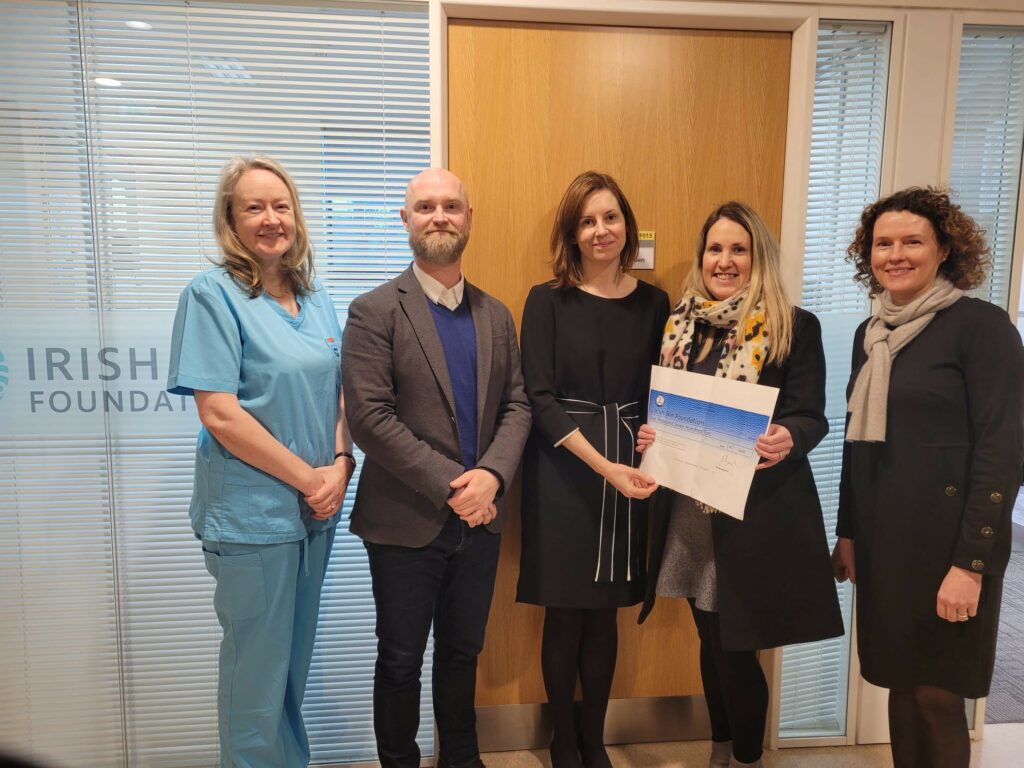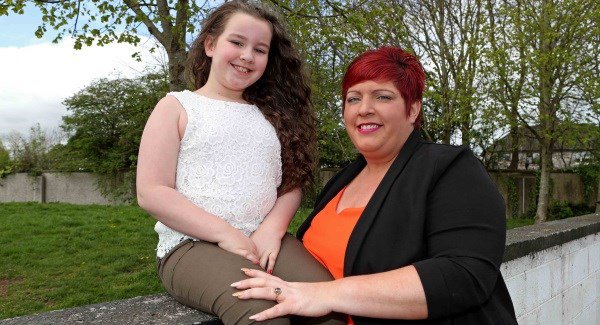Eczema in adults is more than an uncomfortable, itchy disease. It’s can also be a serious financial burden for the estimated 1 in 12 of Irish adults who have the most common form of the condition, atopic dermatitis.
Medical cards don’t cover the full spectrum of treatments for eczema. While aqueous cream (a soap substitute), emulsifying ointment and Silcock’s base (moisturisers), steroid creams and ointments are covered on the medical card, no other products are covered by either a medical card or the drug payment scheme (DPS).
Cost of treatments leads to under-use
This leaves people with eczema with a very limited range of products to choose from and excludes a wide variety of other treatments which, for one reason or another, may suit an individual better. The high cost of treatments also leads to under use as patients and carers use expensive products sparingly.
If you don’t have a medical card and buy your treatments through the DPS, some steroids creams and ointments can be extremely expensive and, if you have a bad eczema flare for instance, you may be using quite a lot of cream or ointment on large parts of your body twice a day.
Temptation to use steroids because they are cheaper than moisturisers
This is a particular issue when it comes to emollients (medical moisturisers) used to treat eczema that may need to be applied several times each day. Only the limited standard product range is covered by the medical card or DPS and these do not suit all patients. If patients give up using a standard emollient because it doesn’t work or doesn’t suit them, they often find that they can’t afford to try other or branded products.
Instead, if you have eczema, you may be tempted to use more steroid cream on their skin because it makes the skin feel better and is available on the medical card or DPS. This clearly exposes patients to the risks of steroid overuse.
Bandages, dressings and specialist clothing
Added to this, neither the medical card nor the DPS cover the costs of bandages, dressings, wet wraps, special clothing or sun protection creams; all of these are subsidised in the U.K. and we need a similar measures in Ireland.
A JAMA Dermatology study of U.S. 62,000 adults earlier this year found that adults with eczema had higher out-of-pocket costs per person-year than adults without eczema (an average of $371 (€332) and $489 (€438) per person each year); comparable figures for Ireland are not yet available but eczema is clearly a costly condition to treat.
The study also found that adults with eczema were on average 53% more likely to miss at least six workdays due to illness, more than three times likely to visit a physician 10 or more times a year, were 81 times more likely than eczema-free adults to have 10 or more urgent or emergency care visits annually 37% hospitalized.
The study concluded that adults with eczema were significantly more likely than those without eczema to be unable to afford either prescription medications or healthcare appointments due to cost concerns.
Starting From Scratch?
As part of the ISF eczema 2015 education campaign “Starting from Scratch”, the charity is asking the government and HSE to recognise patients’ out-of-pocket costs for treating eczema.
The ISF has called on the HSE to revise and expand the list of products, used to treat eczema, available with a Medical Card or compensated by the Drug Payment Scheme and to see a reduction of VAT rate for ointments, dressings, emollients and sun creams.
The ISF believes that a combination of factors (including the limited medical card/DPS list, VAT levels and higher operating costs in Ireland) makes dozens of products used to treat eczema, commonly available in the UK and EU, commercially uncompetitive in Ireland. This limits patient choice, access to new products and can make living with a chronic skin disease even more difficult.
If you need guidance or support about managing a skin condition, contact the Irish Skin Foundation’s Ask-a-Nurse Helpline













